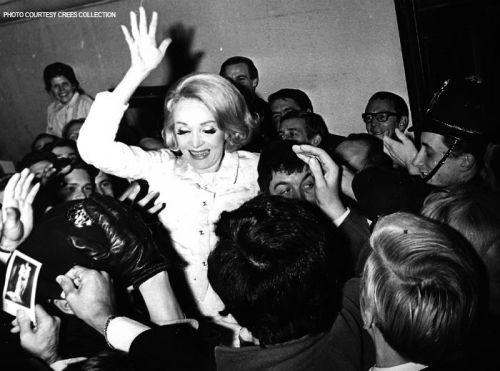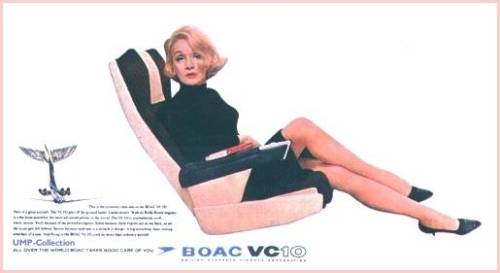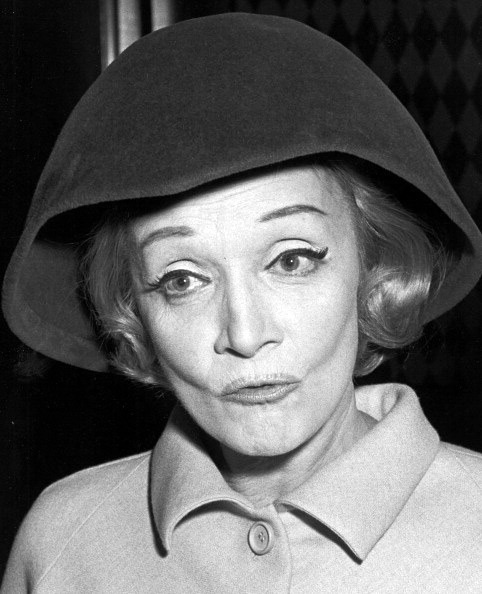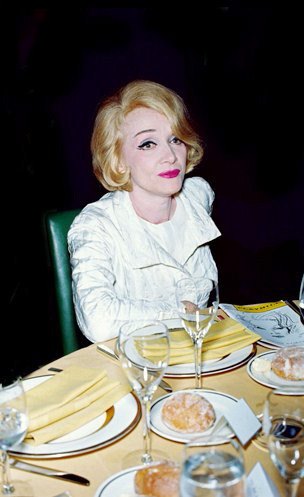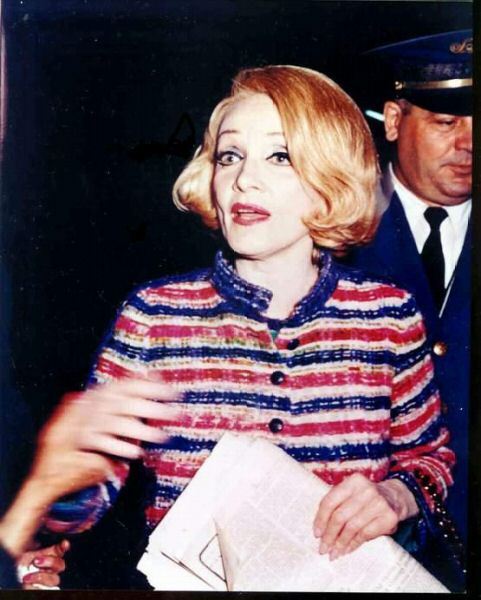(This interview with Rudolf Sieber was originally published in the The Milwaukee Sentinel, on 13 March 1960.)
By Jean C. Bosquet
On the side of the gate of a
chicken ranch in San Fernando, California, not far from Hollywood, is a
two-foot –square sign reading: “EGGS” and two cowbells with a cord attached to
them.
Pull the cord, and the clatter of
cowbells will bring a slight 62-year-old man hurrying from an outbuilding to
take your order. He has a lean, pink, sensitive face with twinkling blue eyes,
and wisps of sandy hair can be seen under the edge of his blue beret. He wears
faded blue denims and rough work shoes. He is Rudolf Sieber, for 35 years the
husband of exotic Marlene Dietrich, one of the world’s most glamorous women
since she rocked to screen stardom in The Blue Angel.
Rudy Sieber has often been
referred to during those years as the “forgotten” man in Marlene’s life, but if
he’s been forgotten it hasn’t been by his 55-year-old actress wife. He,
himself, has chosen to be the silent partner in the strangest marriage in all
the history of show business. The couple has been separated by an ocean or a
continent, or both, 90 percent of the time, and Marlene has been linked romantically
with one dashing male celebrity after another.
Rudy Sieber has shunned
interviewers since 1931, when another man’s ex-wife charged La Dietrich with alienation
of affections and Rudy rushed to the defense of his beloved Marlene.
Why has this marriage survived
the long separations, the vast difference in modes of living, and countless
divorce rumours through the years?
Sieber was breaking a silence of
almost 30 years when he answered, simply but intensely: “Because it’s as good a
marriage today as it was in 1924, when it was performed. The bond between us is
just as strong. Only death will end our marriage.”
What about the years when Marlene
was reportedly in love with French actor Jean Gabin, then novelist Erich
Remarque, then actor Michael Wilding, and most recently Iva S. V. Patcevitch,
New York magazine executive?
“Of course she has been rumoured
in love with this one and that one,” says Rudy. “She is a glamorous woman, and
a glamorous woman is supposed to be surrounded by romance at all times.
What of the shocking contrast
between the faded blue denims, the pink stucco bungalow, the littered ranch
yard – and the glittering world that is Marlene’s?
“This is Marlene’s home,” said
Rudy. “She has her apartments in New York and in Paris, but when she is in
California she lives here. Our daughter, Maria Riva, and our three grandchildren
spent last Easter here.
Will Marlene live permanently at
the ranch when she retires?
“Why should she retire? She keeps
getting better all the time. I went to Las Vegas twice to see her show at the
Sahara and was as proud of her as I was 35 years ago, when she was just
beginning. Now she’s appearing in Paris again, and how they love her there! Am I
still in love with her? More than ever.”
And despite the fact that Marlene
seldom speaks of her husband to any of her intimates of business associates,
the devotion in this fabulous marriage doesn’t seem one-sided. When Rudy had a
heart attack in 1956 Marlene sped from Paris to Los Angeles to be at his side
until he was out of danger. In 1944, before he bought the chicken ranch,
Marlene nursed him through pneumonia in a Hollywood apartment. And for more
than two decades, it was Marlene who made the vehement denials when the divorce
rumours recurred.
“You do not consider the possibility
that love might have something to do with our marriage!” she cried out to one
interviewer. “I consider Mr Sieber the perfect husband and father.”
Marlene was 20 when, in 1924, she
was sent from the Max Reinhardt school of dramatic art in Berlin to a film
studio for an extra’s job. There she met Rudy, an assistant casting director,
who advised her to put up her long blonde hair. She took his advice and won a
part. She married him on May 13 of that year and became a hausfrau. Their
daughter Maria was born in 1925 and Marlene went back to screen work and the
stage.
She was appearing in a satirical
stage revue when director Josef von Sternberg saw her and cast her in the role
opposite Emil Jannings in The Blue Angel, which was being filmed in Germany.
The movie catapulted Marlene to stardom when it was released in 1930, and von Sternberg
brought her to Hollywood where Paramount Pictures signed her and, with von
Sternberg’s guidance, she went into an orbit in which she’s still spinning.
But only a year later von
Sternberg’s wife, Riza, after divorcing him, sued Marlene for “stealing” the
director’s love. That’s when Rudy Sieber stoutly declared: “I know that the
charge against my wife is utterly unfounded.”
The case never did reach court,
and from that day until now, Rudy has never felt it necessary to invade the area
spotlighted for his perennially spectacular wife.
 |
| [1933] |
“I have never wanted publicity,
and I don’t want it now,” he said. “What good would publicity have done me when
I was an assistant casting director, or when I worked for Paramount in Paris,
or when I dubbed foreign version films at 20th Century-Fox in
Hollywood? And what do I want with publicity now? I don’t need it to sell my
eggs.”
Rudy began his chicken ranching
in 1953 because he was “tired of living in big cities” and wanted seclusion and
quiet. Now he has 9 000 chickens and employs several helpers. He’s highly
regarded in the San Fernando Valley community and doesn’t want his desire for
seclusion to be taken as meaning he’s a recluse.
“How can I be called a recluse? I
go to visit my friend in Hollywood and Beverly Hills, and they come to visit me
and Marlene comes here too, doesn’t she? Is that being a recluse?”
He basks in the radiation of his
wife’s glamour as she suns herself in the ranch yard or slinks through the
rooms of the bungalow which, for him, is reward enough for being “forgotten”.


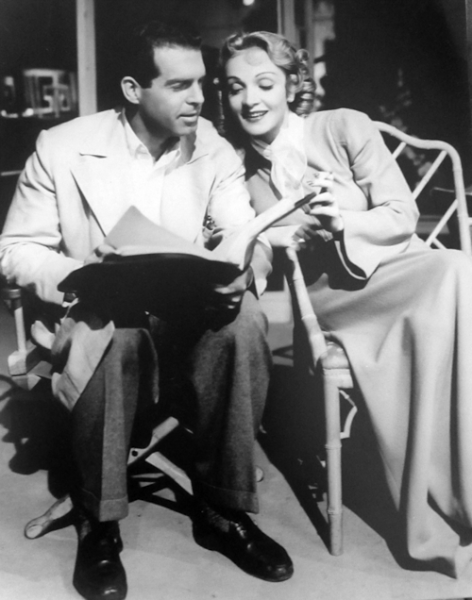

.jpg)











+-+from+lastgoddess.blogspot.com.jpg.jpg)
.png)
.png)


